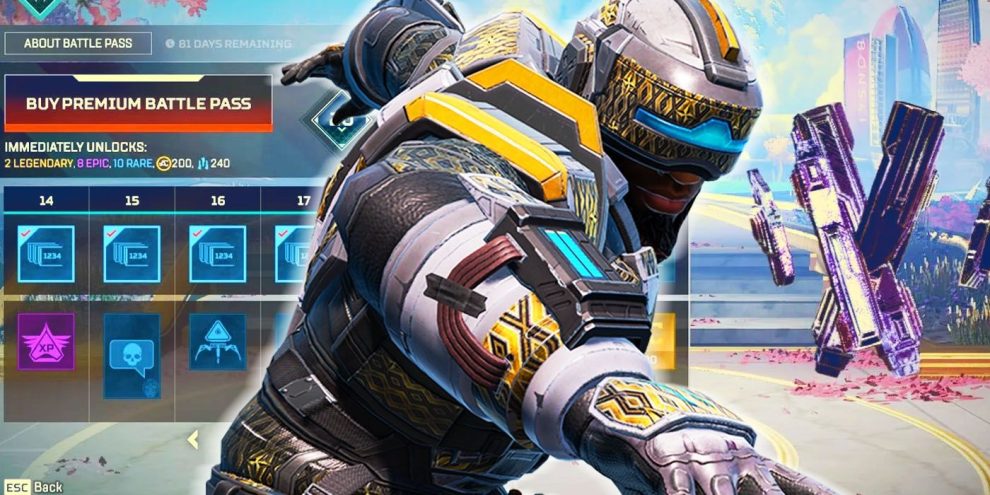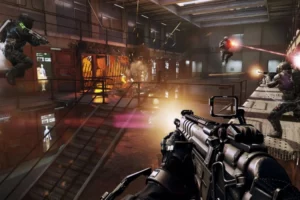Ah, the battle pass, the ubiquitous gateway to shiny loot and endless grind in modern gaming. With their tiered rewards and seasonal challenges, these systems have exploded in popularity, leaving a trail of both enthusiastic engagement and fervent debates. Let’s dive into the pros and cons of this controversial monetization model:
Pros of Battle Passes
Motivating Gameplay
Battle passes provide a continuous stream of goals and rewards, pushing players to engage with the game more actively. Completing challenges and leveling up can be addictively satisfying, encouraging longer playing sessions and deeper exploration of the game’s mechanics.
Fairer Monetization
Compared to loot boxes, battle passes offer a transparent and predictable path to desired rewards. Players know exactly what they’re paying for and what they need to do to earn it, reducing the element of random chance and gambling concerns.
Community Building
Seasonal themes and shared challenges can foster a sense of community and camaraderie among players. Collaborating on objectives, discussing progress, and showcasing earned rewards can create a positive social experience around the game.
Content Funding
Well-designed battle passes can provide developers with a steady stream of revenue, enabling them to continue creating new content and updates for the game. This sustainable funding model benefits both players and developers, ensuring ongoing support and fresh experiences.
Cons of Battle Passes
Pay-to-Win Concerns
Certain battle passes might offer gameplay advantages for paying players, especially early in the season. This can create an unfair playing field for non-paying players, potentially demotivating them and fostering resentment.
Grind Culture
Chasing season-exclusive rewards can lead to excessive play and unhealthy grinding habits. Players might feel pressured to neglect other aspects of their lives just to level up and maximize their rewards, leading to potential burnout and neglect of other responsibilities.
Fear of Missing Out (FOMO)
Limited-time rewards and expiring seasons can trigger FOMO (Fear of Missing Out), compelling players to purchase the pass and invest significant time even if they wouldn’t otherwise enjoy the grind. This can lead to unhealthy engagement and resentment towards the system.
Devaluing Base Game Content
Over-reliance on battle passes can overshadow the base game content. Players might feel the core experience is incomplete without additional purchases, making the initial game price feel like an entry fee rather than a full package.
Finding the Balance
The future of the battle pass system hinges on finding a balance between generating revenue for developers and creating a fair and enjoyable experience for players. Transparency, fair pricing, diverse reward structures, and avoiding pay-to-win elements are crucial for achieving this equilibrium. Additionally, offering free tiers with meaningful rewards and ensuring base game content remains compelling can alleviate concerns about FOMO and devalued experiences.
Ultimately, the success of the battle pass system depends on a commitment to responsible implementation and player-centric design. By prioritizing enjoyment, community building, and fair rewards over predatory practices and endless grind, developers can leverage this model to enhance their games and foster positive engagement with their player base.
















Add Comment